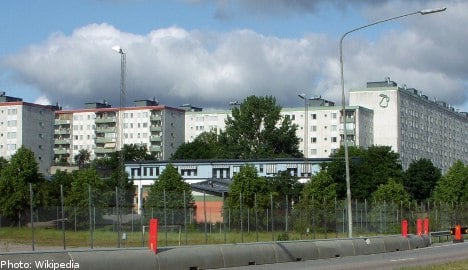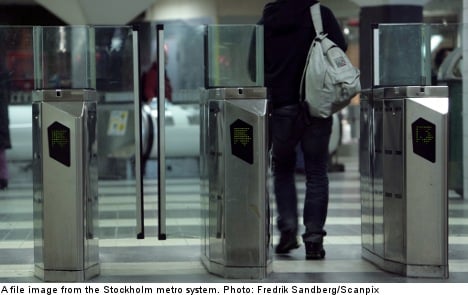“It’s unlikely that they all perform to the same level. Some districts will be receiving more and others less,” minister for integration, Erik Ullenhag, told daily Svenska Dagbladet (SvD).
Rinkeby and Tensta in Stockholm, as well as Herrgården and Hjällbo in Malmö are examples of the fifteen city districts chosen to receive the promised cash injection. The subsidy – which is performance based – will be awarded for three criteria: how the areas deal with education, employment, and social benefits.
According to the paper, all the districts will receive some financial help, but those that do best in combatting social exclusion will receive the highest subsidies.
Behind the scheme are the social challenges many city areas across Sweden are struggling with, according to Ullenhag.
“It isn’t necessarily that people from these areas are failing. But the districts have never been successful – those that get jobs generally move away,” he told SvD.
The districts will receive the cash injection at the end of 2013 at the earliest, after the results from the past year have been evaluated.
“If we can see why one district did well and another did less well, they can learn from each other’s mistakes,” Ullenhag told the paper.
The government is hoping that the financial boost will prove a watershed for the troubled suburbs.
”People should feel that they can stay in these areas. But then we need to deliver when it comes to education and unemployment,” Ullenhag told SvD.
The Local/rm



 Please whitelist us to continue reading.
Please whitelist us to continue reading.
Member comments